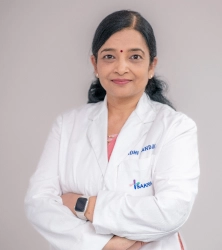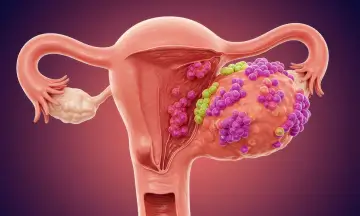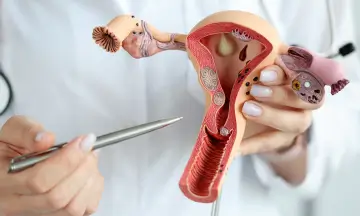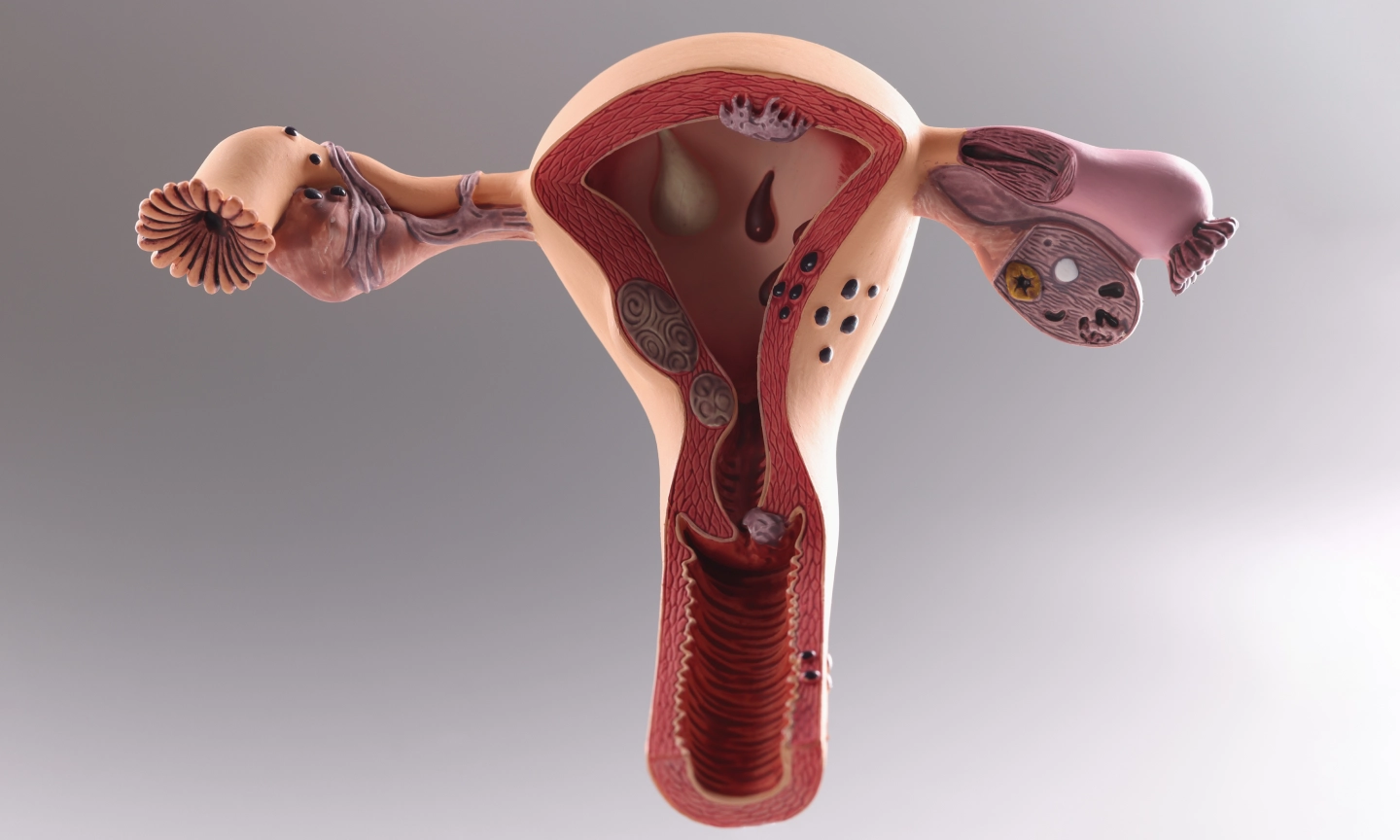
Women’s health is a vast and specialized area of medicine. Two key medical specialties that play a crucial role in this field are obstetrics and gynaecology. Often used together as "OB-GYN", these terms can be confusing for many people. Although closely related and frequently practiced together, there is a clear difference between obstetrics and gynaecology.
Understanding Obstetrics and Gynaecology
Let’s begin by understanding obstetrics and gynaecology.
What is Obstetrics?
Obstetrics is the medical specialty that deals with pregnancy, childbirth, and the postpartum period. An obstetrician is a doctor who cares for women during these stages and is trained to handle everything from normal pregnancies to high-risk complications. Their role includes:
- Confirming pregnancy and performing prenatal checkups
- Monitoring the health of the baby and mother throughout pregnancy
- Managing complications such as gestational diabetes, preeclampsia, or multiple births
- Assisting during labor and delivery
- Performing cesarean sections if required
- Providing postnatal care for both mother and newborn
- Assisting during labor and delivery
- Performing cesarean sections if required
- Providing postnatal care for both mother and newborn
Obstetrics is a field where precision and quick decision-making are crucial, especially during labor and delivery.
What is Gynaecology?
Gynaecology (also spelled gynecology) is the branch of medicine concerned with the female reproductive system and its health across all ages. A gynaecologist focuses on diagnosing and treating issues related to the:
- Uterus
- Ovaries
- Fallopian tubes
- Cervix
- Vagina
- Breasts
- Fallopian tubes
- Cervix
- Vagina
- Breasts
- Vagina
- Breasts
Gynaecologists manage a wide range of health problems, including:
- Menstrual disorders (irregular, painful, or heavy periods)
- Infertility and ovulation issues
- Endometriosis and fibroids
- Sexually transmitted infections (STIs)
- Hormonal disorders like PCOS
- Cancers of the reproductive organs
- Menopausal symptoms and hormone therapy
- Hormonal disorders like PCOS
- Cancers of the reproductive organs
- Menopausal symptoms and hormone therapy
They also perform routine screenings such as Pap smears, breast exams, and pelvic ultrasounds to detect early signs of disease.
Obstetrics vs Gynecology – What’s the Difference?
Though obstetrics and gynaecology are interlinked, their areas of focus are different. Here is a simple comparison to explain obstetrics vs gynecology:
| Aspect |
Obstetrics |
Gynaecology |
| Primary Focus |
Pregnancy, childbirth, and postpartum care |
Overall reproductive health |
| Target Patients |
Pregnant women or those planning pregnancy |
Women of all ages |
| Common Procedures |
Deliveries, ultrasounds, prenatal testing, cesarean sections |
Pap smears, hysterectomies, fertility treatments |
| Conditions Treated |
Pregnancy complications, fetal issues, labor risks |
Menstrual issues, infections, cancers, and hormonal disorders |
What Is a OB-GYN Mean?
A frequently asked question is: "what is an OB-GYN mean?"
OB-GYN stands for Obstetrician-Gynaecologist. This is a doctor who is specially trained to handle both pregnancy-related care and overall reproductive health. An OB-GYN can provide comprehensive services that include:
- Monitoring a healthy pregnancy and delivering babies
- Managing menstrual and hormonal concerns
- Performing surgeries like hysterectomies, fibroid removal, or C-sections
- Helping with family planning and contraception
- Detecting cancers through screenings like Pap tests and breast exams
- Addressing menopause-related symptoms
- Performing surgeries like hysterectomies, fibroid removal, or C-sections
- Helping with family planning and contraception
- Detecting cancers through screenings like Pap tests and breast exams
- Addressing menopause-related symptoms
- Helping with family planning and contraception
- Detecting cancers through screenings like Pap tests and breast exams
- Addressing menopause-related symptoms
Because an OB-GYN covers both specialties, they are often the first point of contact for women throughout their lives — from adolescence to menopause and beyond.
Why Understanding the Difference Matters
Knowing the difference between obstetrics and gynaecology helps women seek the right medical care based on their specific needs.
- If you are pregnant, trying to conceive, or facing complications during pregnancy, you need an obstetrician or an OB-GYN.
- If you are dealing with menstrual irregularities, pelvic pain, infertility, or hormonal imbalance, a gynaecologist or OB-GYN is the right choice.
- If you are unsure, an OB-GYN can assess your needs and provide appropriate guidance or referrals.
Understanding the scope of each specialty empowers you to make better choices for your health.
Conclusion
Obstetrics and gynaecology are two sides of the same coin. While obstetrics ensures a safe and healthy pregnancy, gynaecology supports women’s reproductive health at every life stage. The two fields work hand-in-hand to provide comprehensive care — and that's why the term OB-GYN is so widely used.
Whether you're planning to start a family or simply taking charge of your reproductive health, knowing the obstetrics vs gynecology distinction will help you make informed and confident healthcare decisions.
Your health deserves expert care, and understanding what is a OB-GYN mean is the first step in that journey.
FAQs
- 1. What is the main difference between obstetrics and gynaecology?
Obstetrics is focused on pregnancy, childbirth, and postpartum care. Gynaecology deals with reproductive health issues unrelated to pregnancy, such as menstruation, menopause, and infections.
- 2. Can the same doctor do both obstetric and gynaecological procedures?
Yes. OB-GYNs are trained in both fields and can manage a wide range of women's health concerns - from prenatal care to surgical treatments.
- 3. At what age should a girl see a gynaecologist?
The first visit is recommended between the ages of 13 to 15 or when a girl starts menstruating. It helps educate young girls about their reproductive health and establishes a relationship with their doctor.
- 4. How often should I visit an OB-GYN?
It's advised to have an annual check-up for preventive care, Pap smears, and breast exams. Pregnant women will require more frequent visits.
- 5. Do gynaecologists treat infertility?
Yes. Gynaecologists and OB-GYNs often help diagnose and treat causes of infertility. Some may also refer patients to reproductive endocrinologists if needed.
- 6. What are common surgeries done by OB-GYNs?
They perform a variety of procedures, including:
- C-sections
- Hysterectomies
- Laparoscopic surgeries
- Dilation and curettage (D&C)
- Myomectomy for fibroids
- Tubal ligation for sterilization
- Hysterectomies
- Laparoscopic surgeries
- Dilation and curettage (D&C)
- Myomectomy for fibroids
- Tubal ligation for sterilization
- Dilation and curettage (D&C)
- Myomectomy for fibroids
- Tubal ligation for sterilization






















